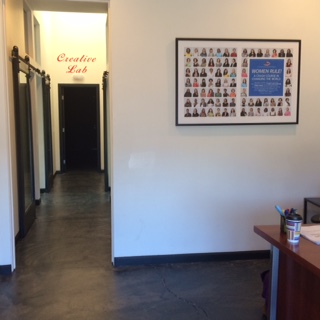One Global Challenge. Three Events. Infinite Collective Brainpower.
“We are at the verge of breakthroughs,” ProSocial’s founder & CEO, Meredith Blake, said to a group of guests from Silicon Valley–area tech companies and universities. “With the right people in the right room, putting the right juice into it, we can actually have these tippable moments.”
Meredith was speaking at Box.org, which empowers global nonprofits to deliver lasting social impact through collaboration technology, about the urgent opportunity to address the crisis of snakebite in impoverished tropical areas around the world. This was one of three events that ProSocial organized in May with the goal of introducing the under-the-radar global health issue of snakebite—along with a small group of academic experts dedicated to addressing it—to leaders from other sectors who could offer ideas, connections, and resources.
This plan stemmed from strategy work we began conducting in late 2016 on behalf of the documentary “Minutes to Die,” produced by the Lillian Lincoln Foundation, in order to help the film bring attention to the need for snakebite prevention and treatment. Rather than pursue high-profile distribution, mass audiences, or awards, the producers chose to focus on maximizing impact and getting the film in front of the right people.
As part of that effort, ProSocial coordinated three convenings aimed at leaders in technology, medicine, and philanthropy, with the idea that often, one of the best ways to tackle a problem is to expand the tent of people working on it and bring in fresh perspectives. Experts in medicine were hosted in San Francisco by international law firm and pro bono leader Morrison & Foerster, and the philanthropy convening, which included two World Health Organization officials among the speakers, took place in Seattle at the headquarters of global nonprofit organization PATH, known for driving health innovation.
These events have already resulted in several offers to support snakebite experts’ work—such as by collecting data for an app to assist healthcare personnel with snakebite treatment; field-testing an experimental antidote that slows the effects of venom, giving victims more time to get to a hospital; planning and raising funds for a new antivenom facility, and more. Bryan Breckenridge, who heads Box.org, says the company was interested to learn about the cause of snakebite because it’s both underserved and potentially solvable. ProSocial and Box continue to work on ways to leverage the capacity of Silicon Valley and deploy technology to help overcome snakebite challenges on the ground. “Social impact,” Bryan notes, “is a collaborative sport.”



